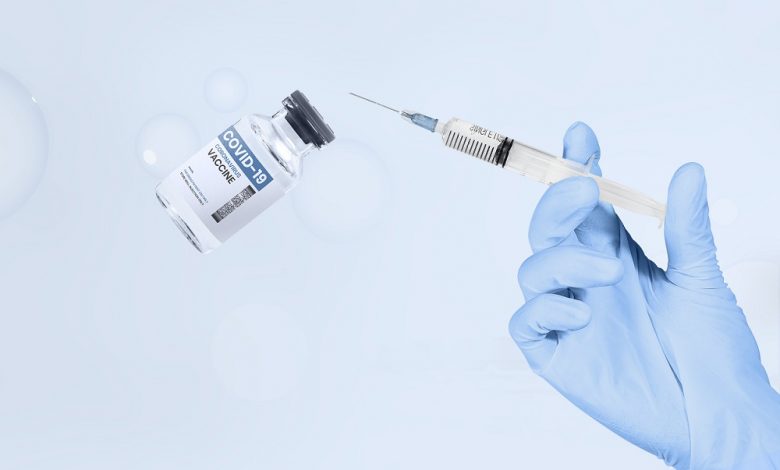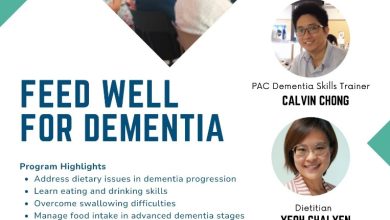

By Taylor’s University Head of Research, Faculty of Health and Medical Sciences, Professor Dr Chong Pei Pei and lecturer in the School of Biosciences, Dr Ng Woei Kean
We have recently been seeing news of countries with high vaccination rates struggling with rising COVID-19 cases despite the majority of their population having been vaccinated. So, one might ask – why get vaccinated?
Firstly, vaccination helps the community and the healthcare services at large. Since the emergence of the COVID-19 pandemic, scientists have developed various types of vaccines against the SARS-CoV-2 virus. Large-scale clinical trials have confirmed the ability of the vaccines in lowering the probability of vaccinated individuals from getting the disease, reducing the risk of severe complications and death, in addition to decreasing the healthcare burden and strain on public health resources. The World Health Organisation (WHO) and our government strongly encourage the general population to get vaccinated as soon as possible towards the goal of achieving herd immunity, to break the transmission chain and form a protective shield for the minority in the population who cannot get vaccinated due to health or other reasons.
Secondly, vaccination primes your immune system to better fight off an infection, so that your chances of catching severe COVID-19 is greatly reduced. Vaccines are comparable to a military training exercise, which trains the army within our body (the immune system) to have adequate experience in antiviral defence. Refusing to be vaccinated is akin to an army that lacks military experience or is defenceless – such that when the real enemy (the virus) attacks, the chances of the army winning the battle would be very slim.
In recent months since the vaccine rollout, there have been common misperceptions about the COVID-19 vaccines. One such common misperception is the option to decline vaccination and still prevent infection through practising healthy lifestyles and dietary habits. It has to be stressed that fundamentally, practising a healthy lifestyle and having good dietary habits cannot prevent a person from being infected, although these practices may enhance the general health.
So what about those who get infected despite vaccination?
All vaccines, including the COVID-19 vaccines, contain either a weakened or inactivated form of the virus, or a fragment of the virus’ protein or genetic element. When a vaccine is injected into our body, our immune system would recognise it as a foreign entity and thus produce antibodies against it, while also creating memory immune cells that could recognise the infectious virus in the future. However, after vaccination, it takes time for the immune system to produce antibodies which could protect us from being infected and getting sick. Hence, those who have received only one dose or who have just received the second dose for less than two weeks, may still get Covid as they only have partial protection, or the antibodies have not reached the maximum level.
Rarely, some people may have what is known as “breakthrough infections” despite being fully vaccinated. These occurrences are dependent upon the individuals’ immune status and genetics. Nonetheless, most of these vaccinated individuals have mild symptoms that do not require hospitalisation.
Some people are concerned over the possible serious side effects of these vaccines. Granted, there have been reports of post-vaccination side effects, but severe side effects are rare, and doctors usually enquire about a patient’s health status and previous history of allergic responses prior to vaccination. The fact is, no medication – even over-the-counter ones – is without any side effects. Hence, we need to weigh the benefits of the vaccine for ourselves, our family and community, versus any rare side effects and make an informed decision.
Thus far, no vaccine has a 100% efficacy. In an analogous sense, even a well-trained military army cannot guarantee victory 100% of the time on the battlefield. However, if the army does not undergo training at all, it could likely face total defeat when going into combat. Indeed, clinical studies have shown that vaccinated individuals have much lower risks of getting the disease and are protected against severe disease, with the Ministry of Health Malaysia indicating that 99.4% of those who died from the infection were completely unvaccinated.
So, what would the future hold, post-pandemic? Most of the viruses causing human diseases cannot be completely eradicated from the face of the earth, with smallpox and rinderpest (cattle plague) being the only two exceptions so far. Scientists now think that the SARS-CoV-2 virus will continue to be around and evolve into localised or community-based outbreaks.
One reason is because when the SARS-CoV-2 virus replicates within the human body, it mutates, and these mutations may give rise to new variants. However, despite concerns of the efficacy of the vaccines against variants such as Delta or Mu, vaccines play an important role along with the physical distancing SOPs and other mitigation measures in helping us live with the virus. And while we seek to co-exist with this virus, vaccination efforts must continue in order to slow the rate of mutations. The longer we take to stem transmission of the virus, the quicker these variants can emerge and spread.
As research on the long-term efficacy of COVID-19 vaccines is still evolving, the measures which have been proposed in our fight against COVID-19 include: 1) “mixing and matching” vaccines of different types to bolster the efficacy; 2) Giving the additional “third dose” or “booster dose” of the vaccines; 3) Developing new, more efficacious vaccines as well as antiviral drugs.
So yes, while vaccines may not stop infection or transmission entirely, they are a proven powerful tool in the pandemic response to reduce the death toll, and to ease the strain on healthcare resources. Along with adopting physical distancing, good hygiene practices and ensuring ventilation in enclosed spaces, consider vaccination as your civic duty. Get vaccinated for the greater good!


